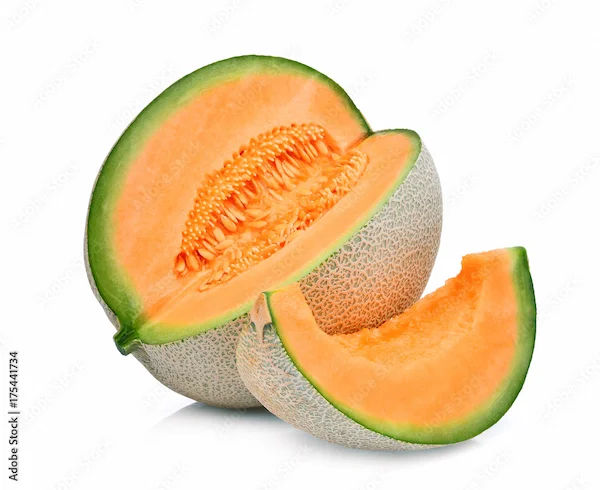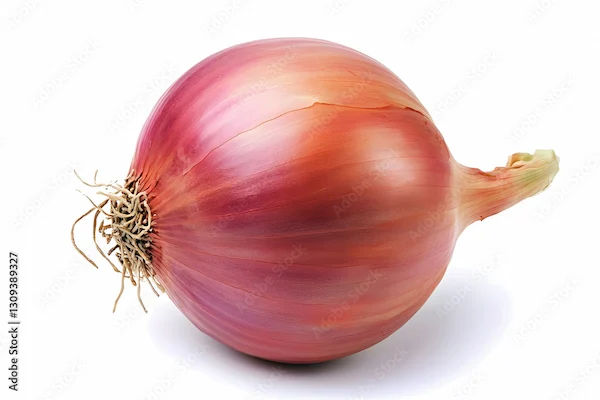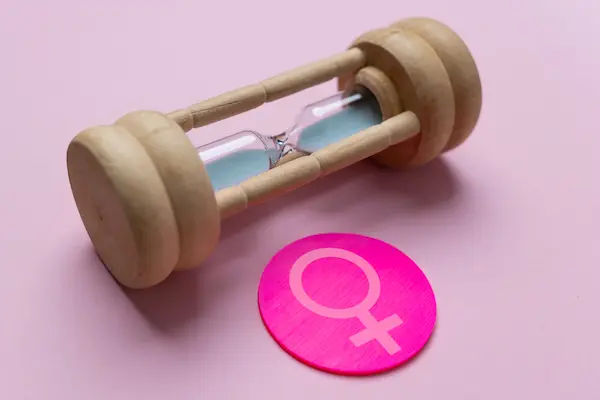Curry Leaves in Ayurveda: Uses, Benefits, and Side Effects
Curious about curry leaves' benefits? Learn how this ayurvedic herb is used, its potential for hair growth, safety tips, and side effects based on trustworthy sources.


Introduction
Curry leaves are the fragrant green leaves you often see sizzling in Indian and South Asian dishes. In Ayurveda, they’re considered a gentle, supportive plant with many traditional uses. People today also search for curry leaves benefits for digestion, overall wellness, and even hair growth. But what does reliable evidence actually say? This guide explains how curry leaves fit among ayurvedic herbs, what’s known (and unknown) about their benefits, smart ways to use them, and important side effects and safety tips you should know.
Consult a Top Ayurveda Specialist for Personalised Advice
What are curry leaves?
Here is a brief description:
- Botanical name: Murraya koenigii
- Family: Rutaceae (same plant family as citrus)
- Common uses: Tempering (tadka) in curries, dals, and chutneys; fresh, dried, or powdered
- Flavour: Aromatic, slightly citrusy
In Ayurveda, curry leaves are traditionally used in cooking and home remedies to support digestion and overall balance. As with many ayurvedic herbs, their culinary role is central—food is medicine—while concentrated extracts or supplements are a more recent trend.
Curry leaves benefits: what tradition and modern guidance say
It’s helpful to separate traditional uses from those that have strong clinical evidence in humans. Here’s a balanced view of the potential of curry leaves:
Culinary flavour that can help reduce salt
- Why it matters: Using herbs to flavour food makes it easier to cook tasty meals without adding as much salt. Lower sodium intake supports healthy blood pressure and heart health.
- Practical tip: Add curry leaves early in cooking with a bit of oil to release aroma, then finish with lemon and herbs so you can use less salt.
Part of a plant-forward, antioxidant-rich diet
- Why it matters: Diets rich in a variety of fruits, vegetables, and herbs provide antioxidants and phytonutrients linked with long-term health.
- What we know: Curry leaves, like many leafy herbs, contribute small amounts of these protective compounds when used regularly in meals. The overall pattern of your eating matters most—no single herb can do it all.
Traditional digestive support
- In the kitchen: Curry leaves are often paired with mustard seeds, cumin, and ginger to make meals more aromatic and enjoyable. Aroma and spices can stimulate appetite and make fibre-rich foods more appealing.
- Science note: While curry leaves appear in traditional recipes for digestion, robust human trials specifically testing curry leaves for digestive disorders are lacking. Consider them a flavorful part of balanced meals rather than a stand-alone remedy.
Metabolic wellness: what we don’t yet know
- You may hear claims that curry leaves help with blood sugar or cholesterol. Research to date is limited and not conclusive in humans.
- Bottom line: If you have diabetes, high cholesterol, or heart disease, do not rely on any herb to manage these conditions. Work with your clinician on a proven plan, and enjoy curry leaves as a culinary ingredient if you like the taste.
Curry leaves and hair growth: what to know?
Curry leaves are popular in DIY hair oils and masks. Here’s the current state of knowledge:
- Traditional use: In Ayurveda, infused hair oils (often with coconut or sesame oil) are used to moisturise the scalp and hair.
- Evidence check: There are no strong, well-controlled human studies showing that curry leaves directly promote hair growth or reverse hair loss. Most support is anecdotal or based on traditional practice.
- What can help overall hair health:
- Adequate protein, iron, vitamin D, and overall balanced nutrition
- Gentle hair care: avoiding harsh treatments and heat
- Managing stress and medical conditions that affect hair
- When to see a professional: If you’re noticing shedding, thinning, or bald patches, speak with a clinician or dermatologist. Many causes of hair loss are treatable, and earlier care often works better.
How to use curry leaves safely and deliciously?
The curry leaves can be safely used in the following ways:
Culinary uses
- Tempering/tadka: Heat a small amount of oil, add mustard seeds, cumin, and curry leaves until fragrant. Use to finish dals, soups, and vegetable dishes.
- Chutneys and sauces: Blend fresh curry leaves with cilantro, mint, garlic, and lemon for a bright condiment.
- Rice, lentils, and stews: Add fresh or dried leaves early in cooking.
- Tea/infusion: Lightly simmer a few fresh leaves with ginger and lemon for an aromatic tea. Keep expectations realistic; think of it as a pleasant beverage.
Topical uses (traditional)
- Hair oil infusion: Gently warm a handful of fresh, washed leaves in coconut or sesame oil; cool, strain, and apply to scalp lengths as a conditioner. Evidence for hair growth is limited; consider it a moisturising treatment.
- Patch test first: Apply a small amount to your inner arm for 24 hours to check for irritation.
Safety, side effects, and interactions
The safety, side effects and interactions information include:
Culinary amounts are generally considered safe for most people. Potential issues to keep in mind:
- Allergies: Any plant can cause an allergy. Stop using and seek care if you notice itching, hives, swelling, or breathing difficulty.
- Stomach upset: Large amounts of herbs or concentrated extracts may cause digestive discomfort in some people.
- Pregnancy and breastfeeding: Culinary amounts in food are typically considered fine. Safety of concentrated extracts or supplements is not well established—avoid unless your clinician agrees.
- Surgery and procedures: Because some herbs can affect bleeding or blood sugar, it’s generally advised to tell your healthcare team about all supplements and stop nonessential herbal products at least 1–2 weeks before procedures.
Medications and chronic conditions:
- Diabetes: If you take medicines that lower blood sugar, be cautious with any concentrated herbal product marketed for “blood sugar support.” Monitor as advised and consult your clinician.
Always share a complete list of herbs/supplements with your healthcare provider to check for interactions.
Who should talk to a clinician before using curry leaf products?
Consider the following situations:
- You are pregnant, trying to conceive, or breastfeeding
- You have diabetes, heart disease, kidney or liver issues
- You take prescription medications (especially for blood sugar, blood pressure, or blood thinners)
- You plan surgery or dental procedures
- You’ve had allergies to plants in the Rutaceae family (e.g., citrus)
Smart shopping, washing, and storage
Smart shopping, washing and storage tips include:
- Buying: Choose vibrant, deep-green leaves without yellowing.
- Washing: Rinse under clean, running water and pat dry. This helps remove dirt and potential germs from fresh produce.
- Storing: Wrap fresh leaves in a paper towel and refrigerate in an airtight container for up to a week. For longer storage, air-dry or freeze the leaves.
Quick tips to get more from curry leaves
Some quick tips of curry leaves include:
- Bloom the leaves in oil to release aroma (30–60 seconds) without burning.
- Pair with lemon, garlic, and spices to layer flavor and rely less on salt.
- Keep expectations realistic: enjoy curry leaves for taste and cultural tradition; rely on proven care and nutrition for medical conditions and hair loss.
Conclusion
Curry leaves are a flavorful, traditional ingredient in Ayurveda and South Asian cooking. You can enjoy them for taste, aroma, and as part of a plant-rich diet. While you may hear a lot about curry leaves' benefits and hair growth, solid human research is limited. Use them generously in your kitchen, keep expectations realistic for health claims, and talk with a healthcare professional before trying concentrated extracts—especially if you have medical conditions or take medications.
Consult a Top Ayurveda Specialist for Personalised Advice
Consult a Top Ayurveda Specialist for Personalised Advice

Dr. Pepsy Jose
Panchakarma Practitioner
14 Years • BAMS, MD Ayurveda (Panchakarma)
Bengaluru
AYURRHYTHM HOLISTIC CLINIC AND PANCHAKARMA THERAPY, Bengaluru

Dr. Shiv Prakash Singh
Ayurveda Practitioner
19 Years • BAMS
Kolkata
Vedhive Ayurveda College Street, Kolkata

Dr. Anjan Das
Ayurveda Practitioner
8 Years • Ayurvedacharya ( B.A.M.S )
Dumdum
Vedhive Ayurveda Clinic, Dumdum

Dr. Rik Sadhukhan
Ayurveda Practitioner
8 Years • BAMS
Kolkata
Vedhive Ayurveda, Ballygunge, Kolkata
Consult a Top Ayurveda Specialist for Personalised Advice

Dr. Pepsy Jose
Panchakarma Practitioner
14 Years • BAMS, MD Ayurveda (Panchakarma)
Bengaluru
AYURRHYTHM HOLISTIC CLINIC AND PANCHAKARMA THERAPY, Bengaluru

Dr. Shiv Prakash Singh
Ayurveda Practitioner
19 Years • BAMS
Kolkata
Vedhive Ayurveda College Street, Kolkata

Dr. Anjan Das
Ayurveda Practitioner
8 Years • Ayurvedacharya ( B.A.M.S )
Dumdum
Vedhive Ayurveda Clinic, Dumdum

Dr. Rik Sadhukhan
Ayurveda Practitioner
8 Years • BAMS
Kolkata
Vedhive Ayurveda, Ballygunge, Kolkata
More articles from General Medical Consultation
Frequently Asked Questions
Do curry leaves really help with hair growth?
There’s no strong clinical evidence in humans that curry leaves directly stimulate hair growth. They can be part of a scalp oil for moisturization, but for persistent hair loss, see a clinician for diagnosis and proven treatments.
Can curry leaves lower blood sugar?
Claims exist, but high-quality human research is limited. If you have diabetes, follow your prescribed plan. Enjoy curry leaves as food, and talk to your clinician before using any herbal supplement.
Are dried curry leaves as good as fresh?
Fresh leaves are more aromatic. Dried leaves still add flavor but are milder. For the brightest taste, use fresh when possible, or briefly fry dried leaves in oil to revive aroma.
How many curry leaves can I eat per day?
There’s no official “dose” for culinary use—use them like other herbs to taste. If you’re considering extracts or capsules, speak with a healthcare professional first, as safety and dosing are not well established.
Are curry leaves and curry powder the same thing?
No. Curry leaves are a fresh herb from the curry leaf tree. Curry powder is a spice blend (often including turmeric, coriander, cumin) and typically doesn’t contain curry leaves.




